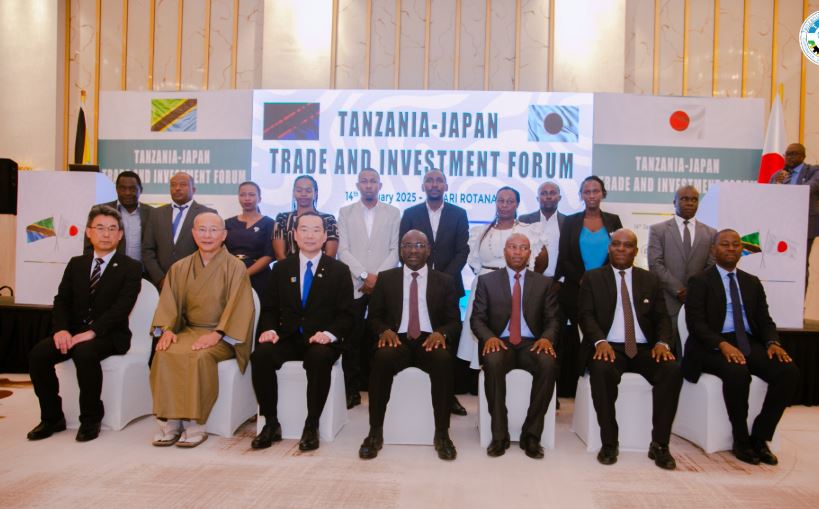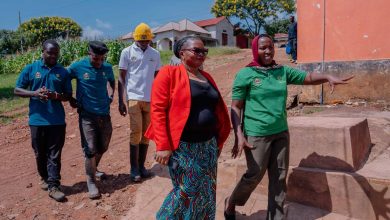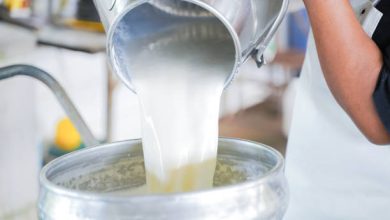TZ strategises to export enhanced products to Japan

DAR ES SALAAM: TANZANIA is targeting at increasing the export of value-added products to Japan, by strengthening the collaboration between investors in Tokyo and their counterparts in Dar es Salaam.
This ambitious move comes in response to the current trade imbalance, where Tanzania exports primarily raw agricultural products to Japan, while Japan exports mostly value-added products, such as electronic equipment and cars, to Tanzania.
Tanzania’s key exports to Japan include coffee, tobacco and tea. Speaking at the TanzaniaJapan Trade and Investment Forum in Dar es Salaam, Deputy Minister for Industry and Trade, Mr Exaud Kigahe stressed the need for Tanzania to focus more on manufacturing industries.
The forum, which brought together domestic and Japanese investors, aimed to foster stronger economic ties between the two nations.
“We would like to see Tanzania export only value added products to Japan,” Mr Kigahe said.
According to United Nations COMTRADE data, Tanzania’s exports to Japan were valued at approximately 68 million US dollars (about 186bn/-) in 2023, while imports from Japan totalled around 650 million US dollars (about 1.8tri/-).
Mr Kigahe said that adding value to products locally not only creates jobs and generates foreign currency but also drives innovation and technological growth.

The forum was co-organised by the Tanzania Investment Centre (TIC), the Ministry of Foreign Affairs and East African Cooperation and the Japanese Embassy in Tanzania.
It was aimed at fostering partnerships between investors from both countries, facilitating the exchange of technology and experience, while boosting bilateral trade.
“The goal is for local investors to form joint ventures with Japanese counterparts, exploring opportunities in sectors like manufacturing, particularly in agricultural products like coffee,” Mr Kigahe explained.
“We want to showcase what Tanzania can offer. Our ultimate goal is to achieve sustainable development and inclusive prosperity.”
ALSO READ: Goods, services imports up 3 per cent
He noted that Japanese investors have already invested in sectors such as health, transport and construction in Tanzania.
He also welcomed Japanese automobile companies to establish manufacturing plants in Tanzania, instead of continuing to import vehicles from Tokyo.
Furthermore, Mr Kigahe encouraged Japanese investors to take advantage of Tanzania’s favourable business environment, citing its strategic geographic location, strong economic policies, peace, investment-friendly laws such as the new Investment Act of 2022 and a population of 61 million people.
Tanzania, through its ports serves as a gateway to Eastern and Southern Africa, including countries like Zambia, the Democratic Republic of Congo (DRC), Burundi and Rwanda.
Mr Kigahe said that under the leadership of President Dr Samia Suluhu Hassan, Tanzania has embraced the 4R philosophy: Reforms, Reconciliation, Resilience and Rebuilding, which has led to various tax reforms to boost trade and investment. As a result, the government has strengthened its relationship with the private sector.
“Tanzania continues to position itself as one of the most profitable markets in Africa,” Mr Kigahe said.
Meanwhile, Deputy Minister for Foreign Affairs and East African Cooperation, Mr Cosato Chumi, underlined the government’s commitment to creating a conducive environment for the private sector.
“We are delighted to have you here. This forum comes at the right time when global partnerships are more critical than ever to achieving sustainable development goals,” Mr Chumi said.
“This event presents opportunities for mutual benefit, enabling investors to create new partnerships while retaining existing ones.”
Japan’s Deputy Minister for Foreign Affairs, Mr Hisayuki Fuji, expressed optimism about African markets, including Tanzania, especially with the integration of the African Continental Free Trade Area (AfCFTA), which offers a broader platform for investors.
He commended President Samia for her efforts in promoting Foreign Direct Investment (FDIs), praising Tanzania’s favourable business climate.
“We have chosen Tanzania because it provides a favourable environment for investment,” Mr Fuji said.
He highlighted key infrastructure projects such as the Dar es Salaam, TanzaniaZambia Railway Authority (TAZARA) and the ongoing construction of the Standard Gauge Railway (SGR) as vital to Tanzania’s economic growth.
“We are looking forward to more fruitful business engagements,” he added.
In an exclusive interview with ‘Daily News’ at the end of last year, Tanzania’s Ambassador to Japan, Mr Baraka Luvanda, encouraged Tanzanian farmers to take advantage of the growing economic opportunities in the Asian market.
He noted that Japan imports an average of 15,000 tonnes of coffee annually, with Tanzanian coffee being highly preferred for its quality. Japanese consumers demand approximately 400 million tonnes of coffee each year.





